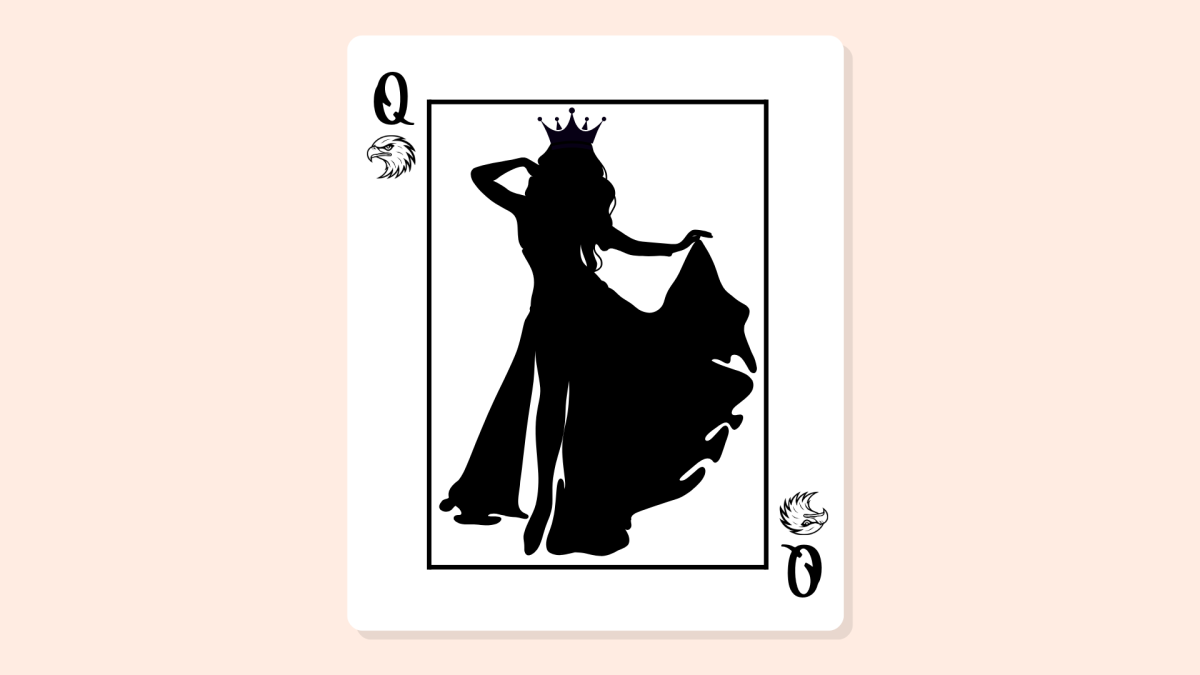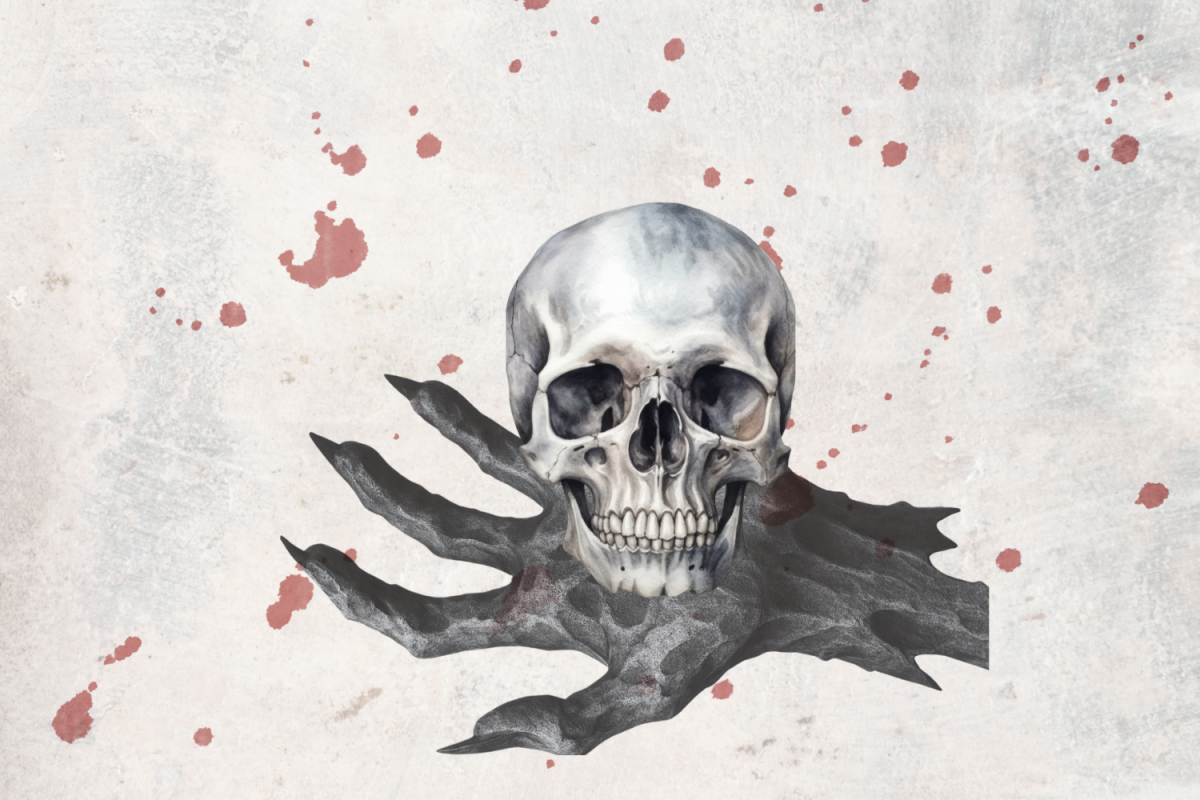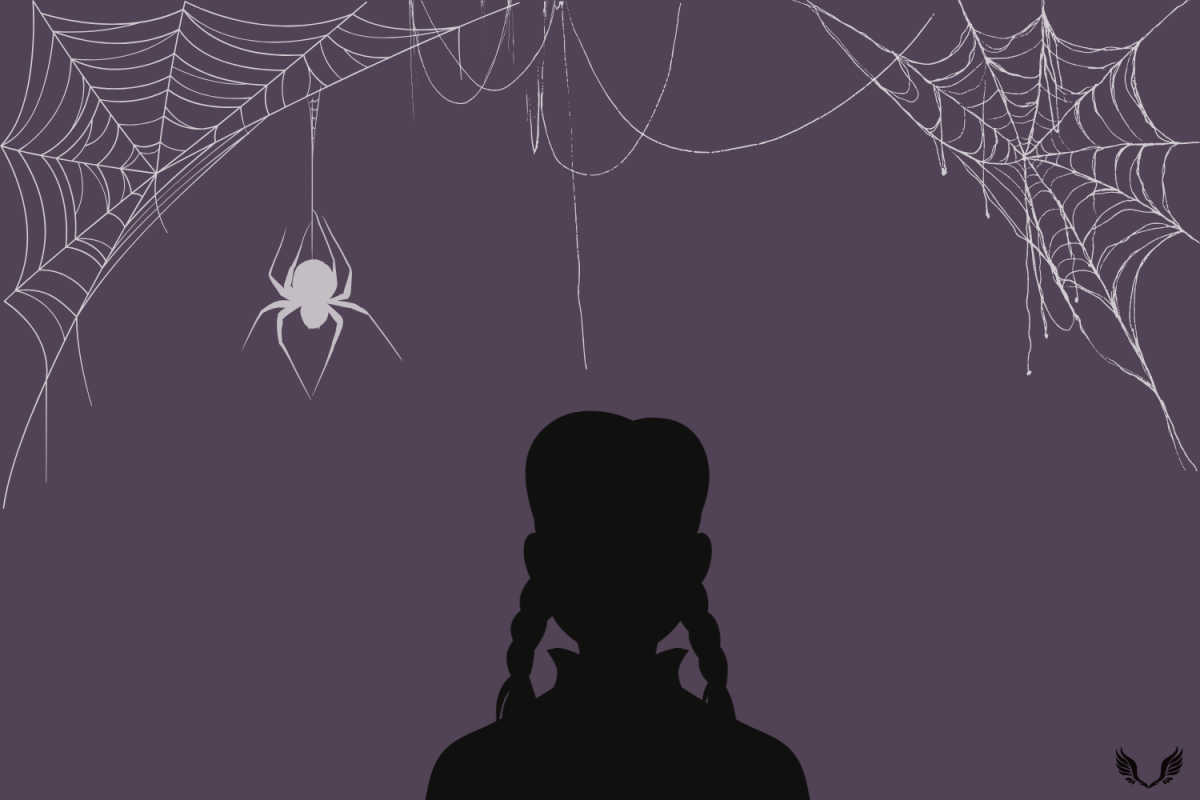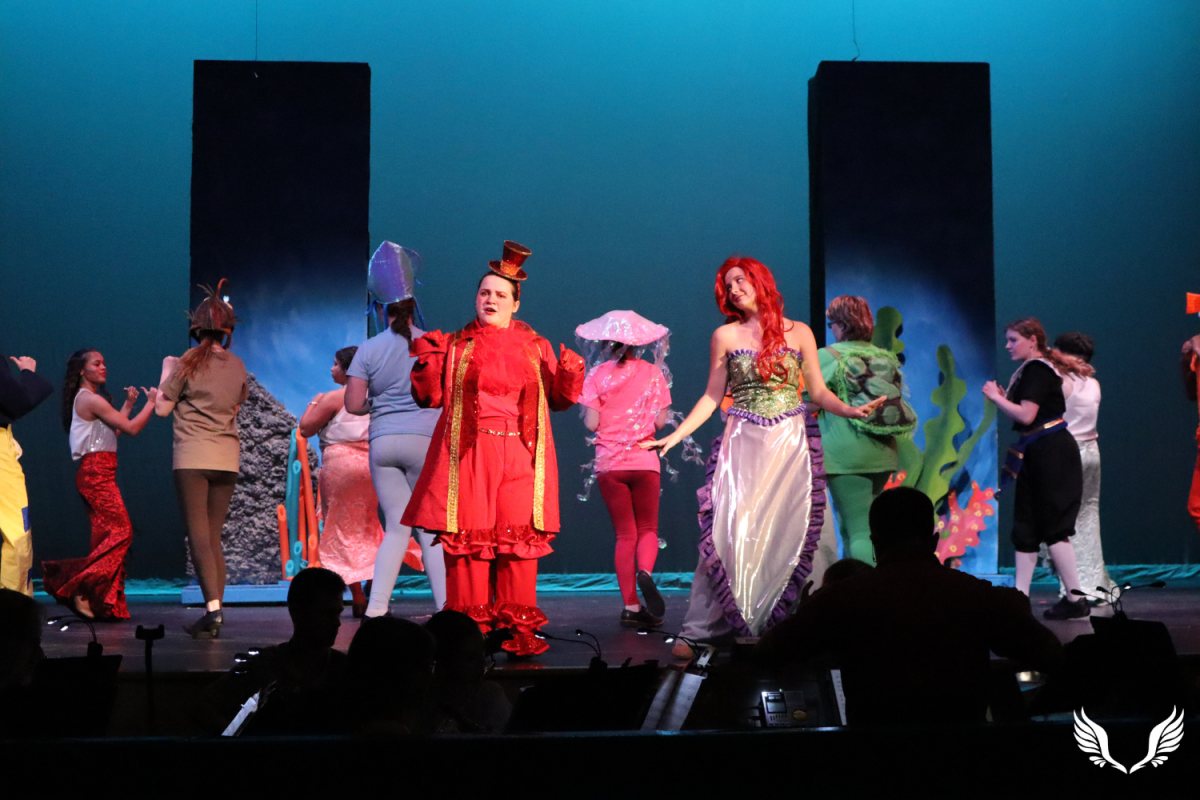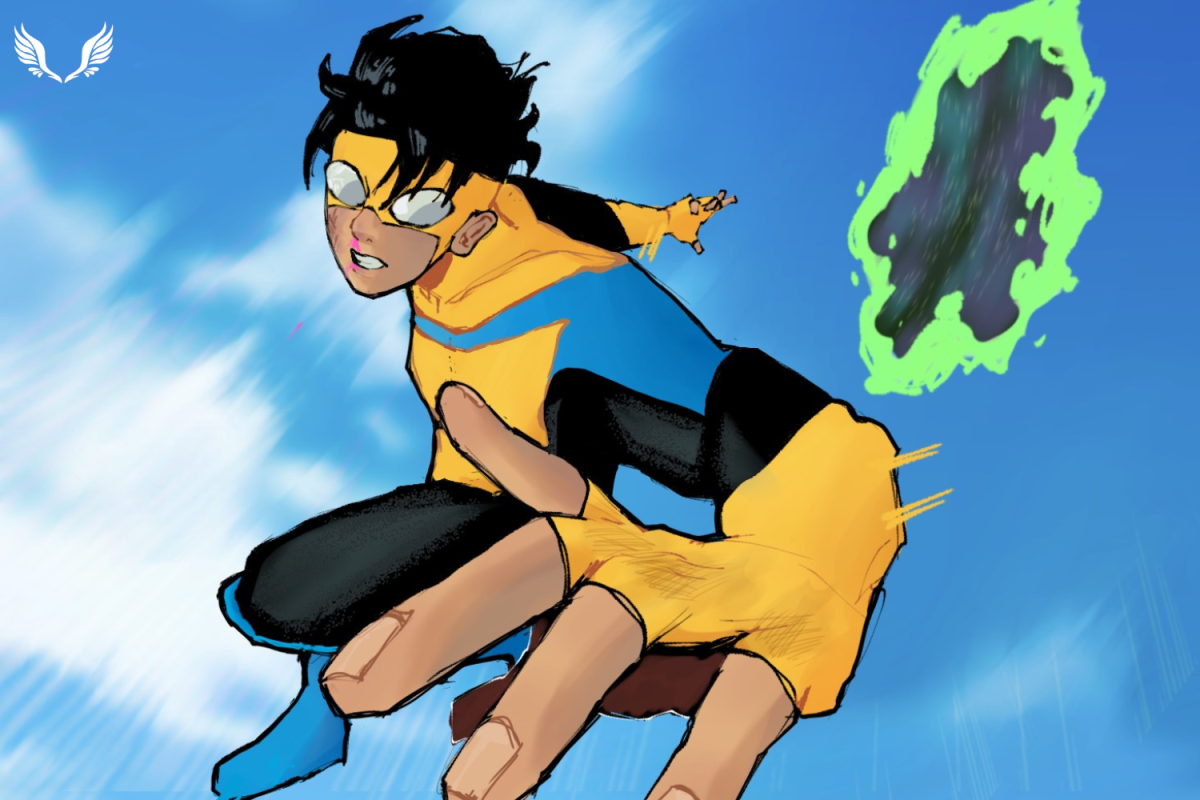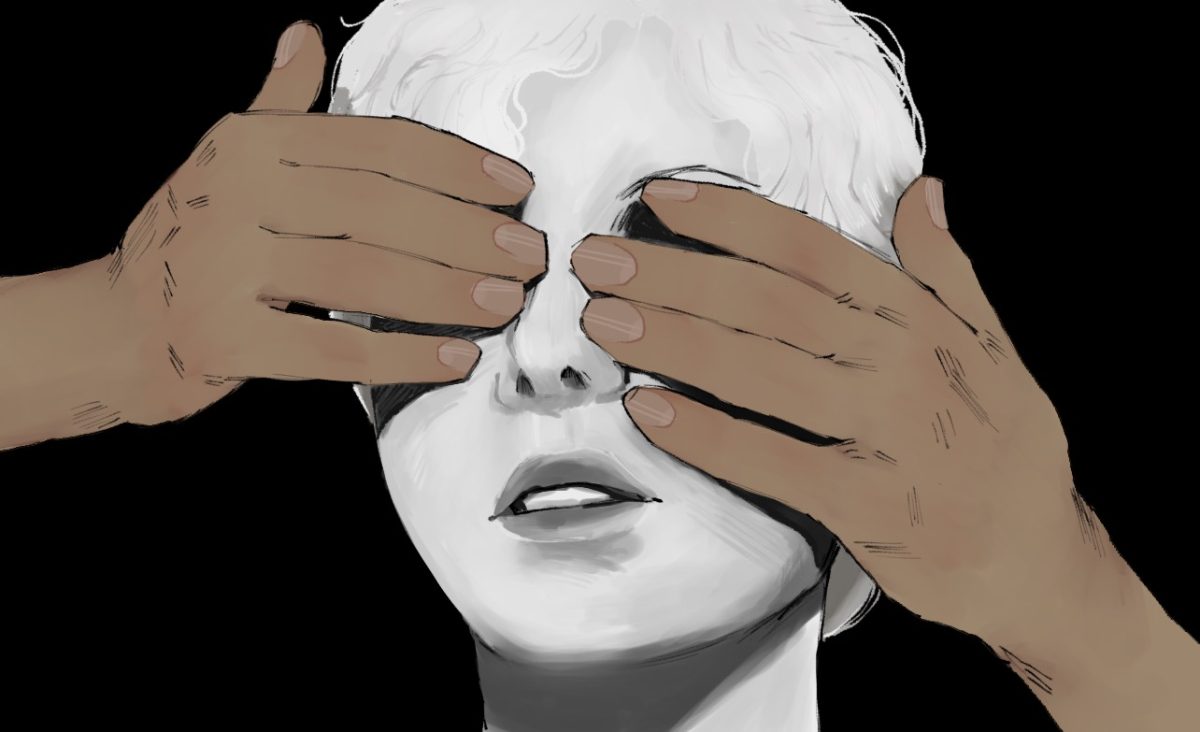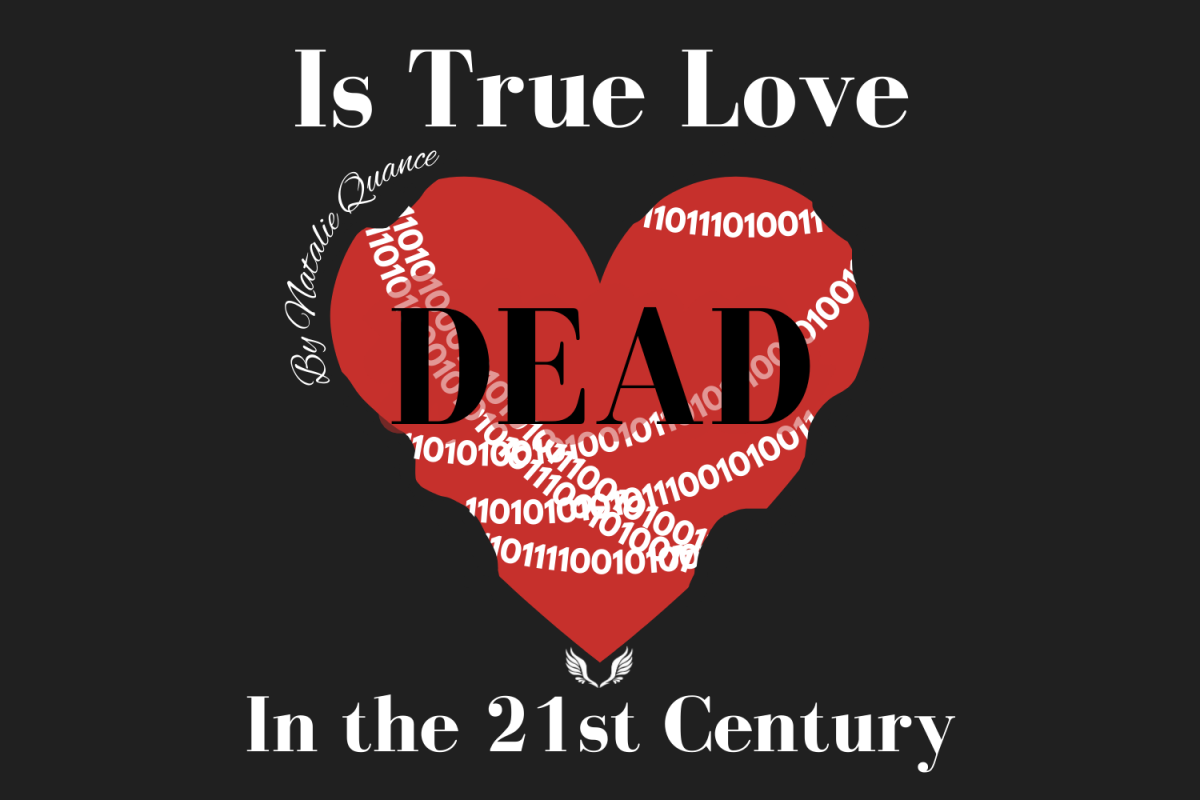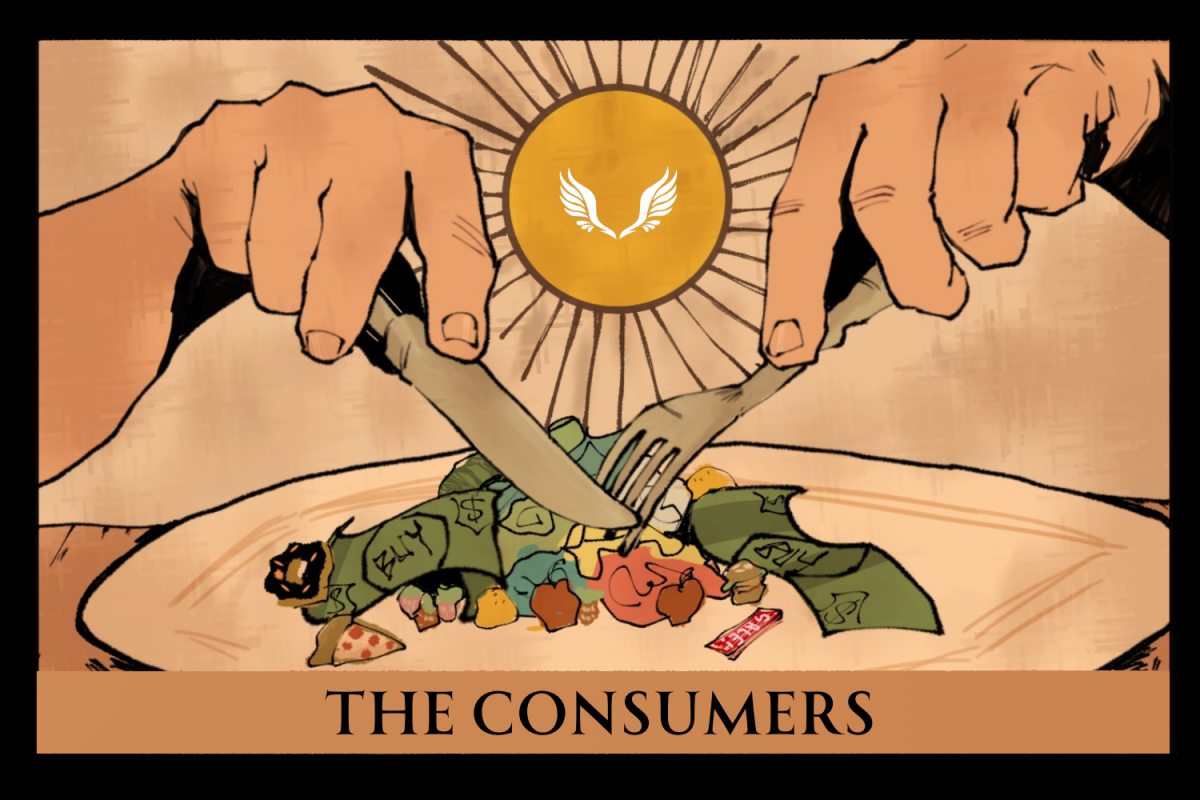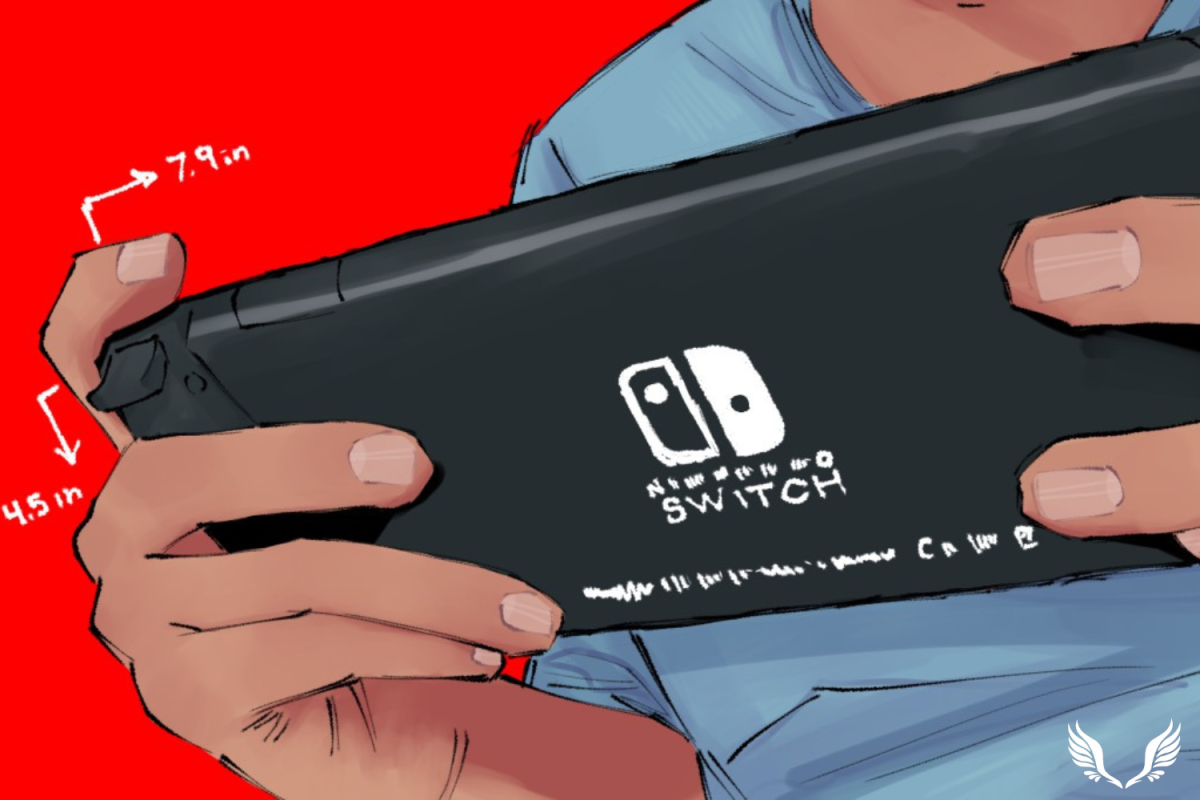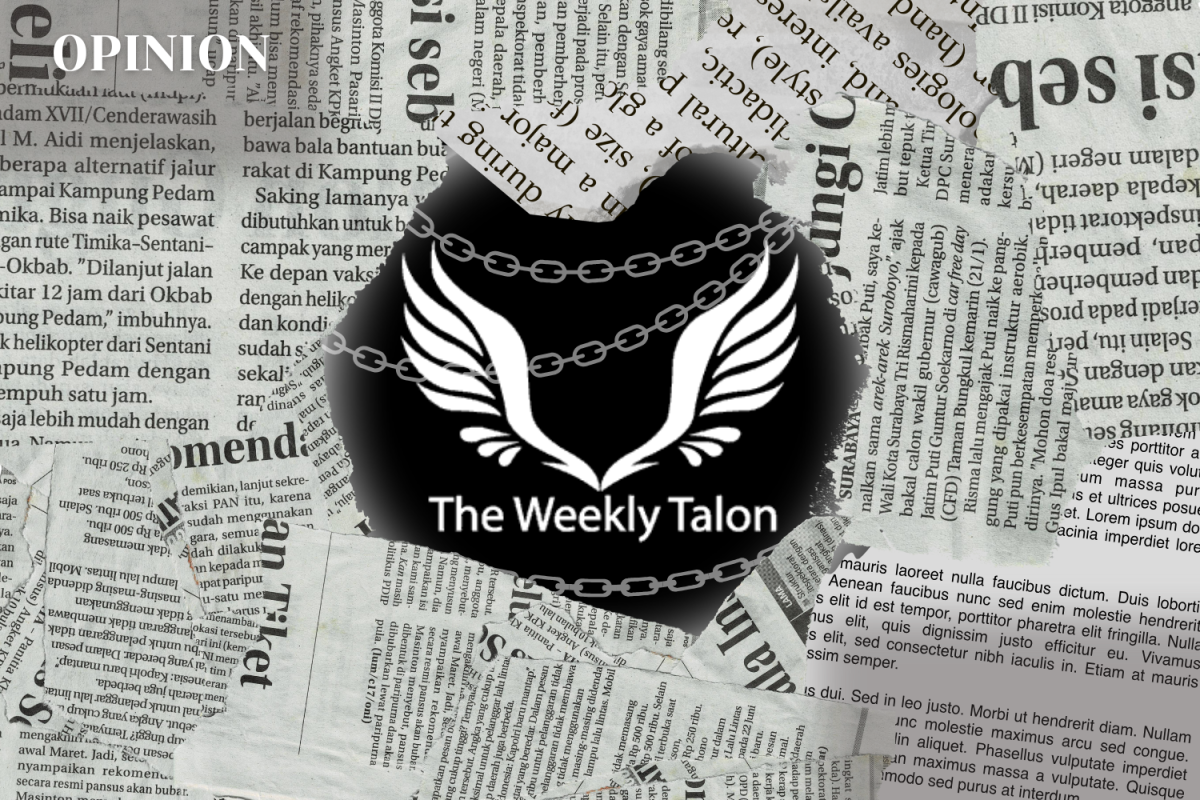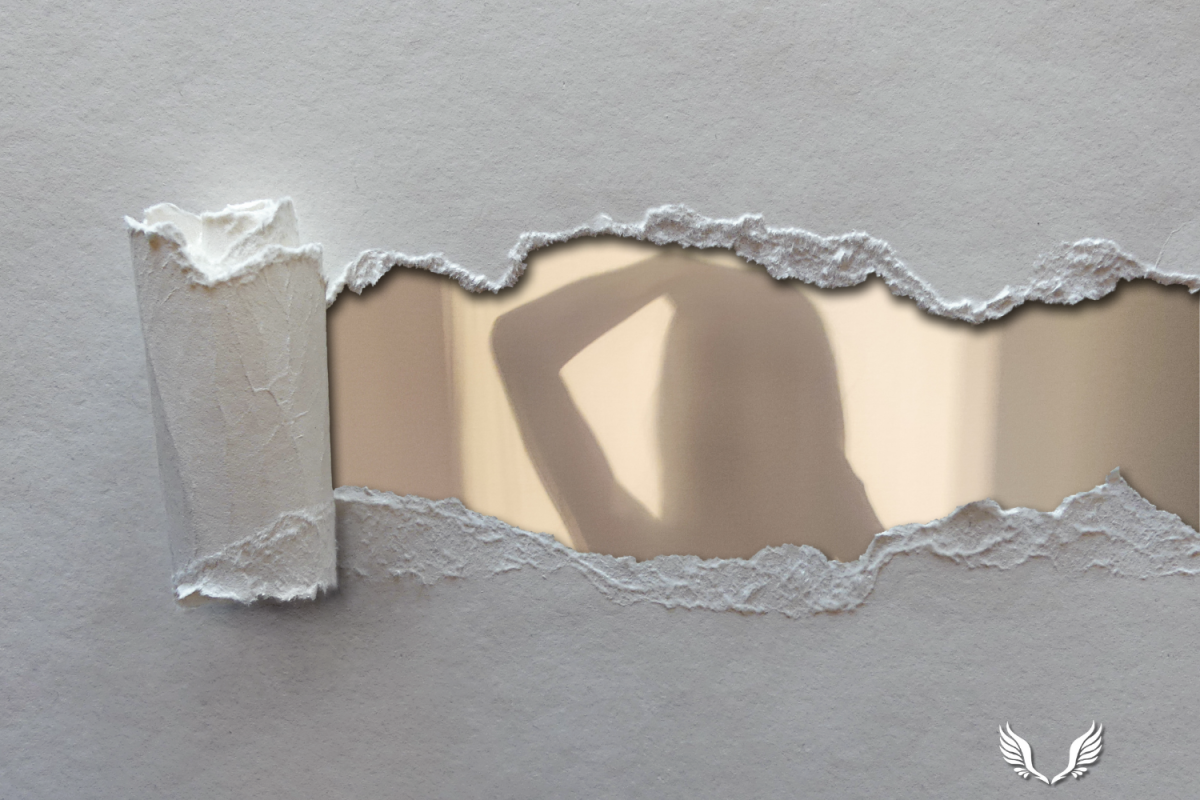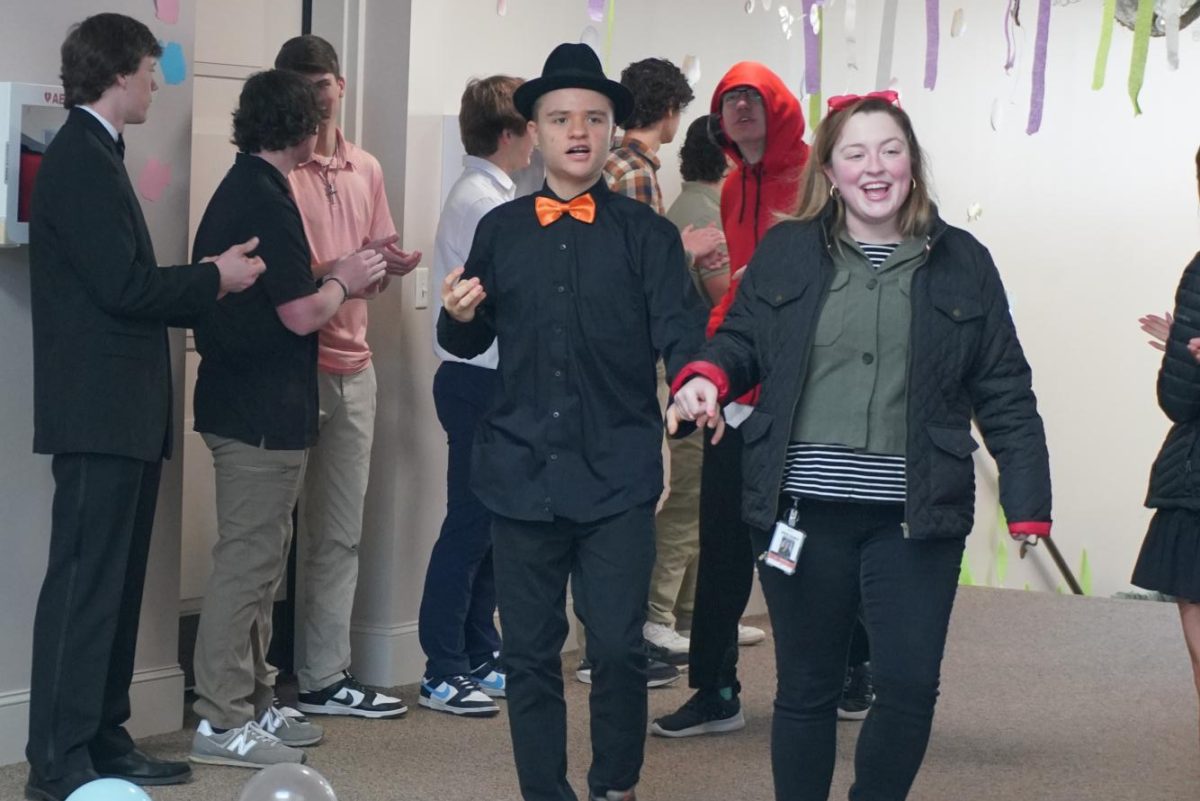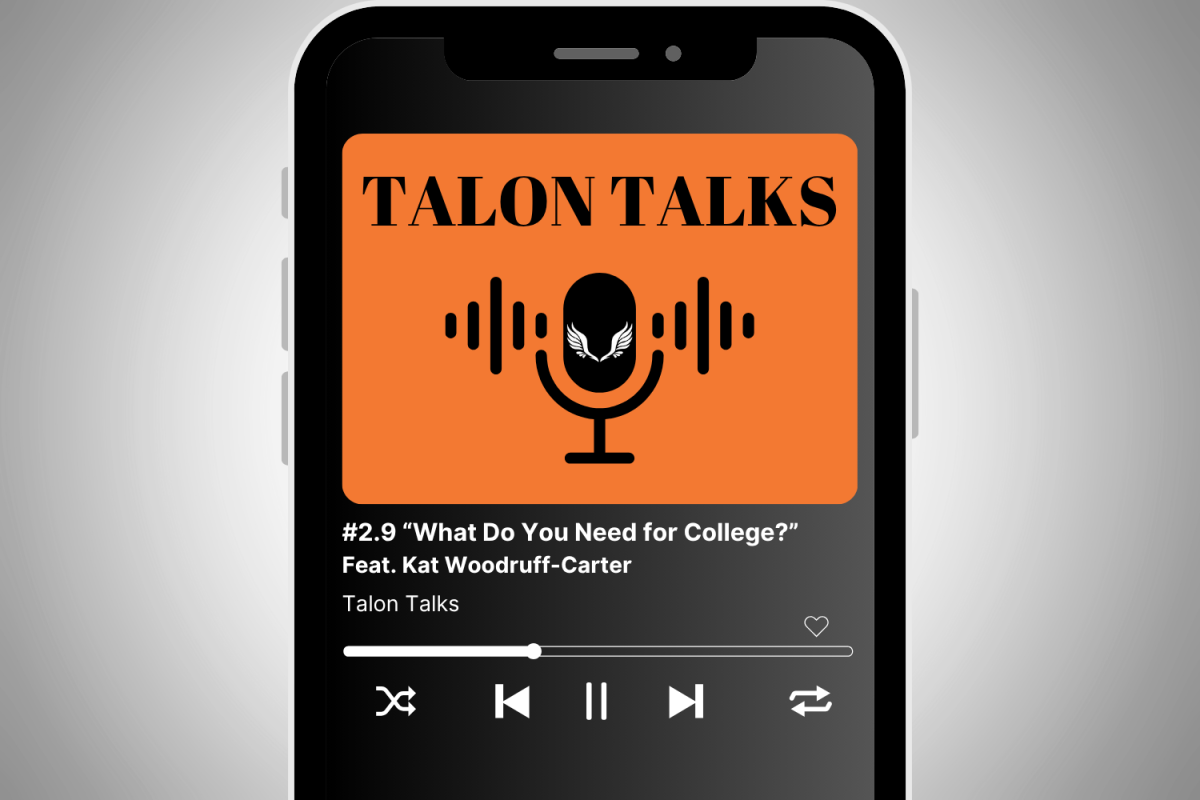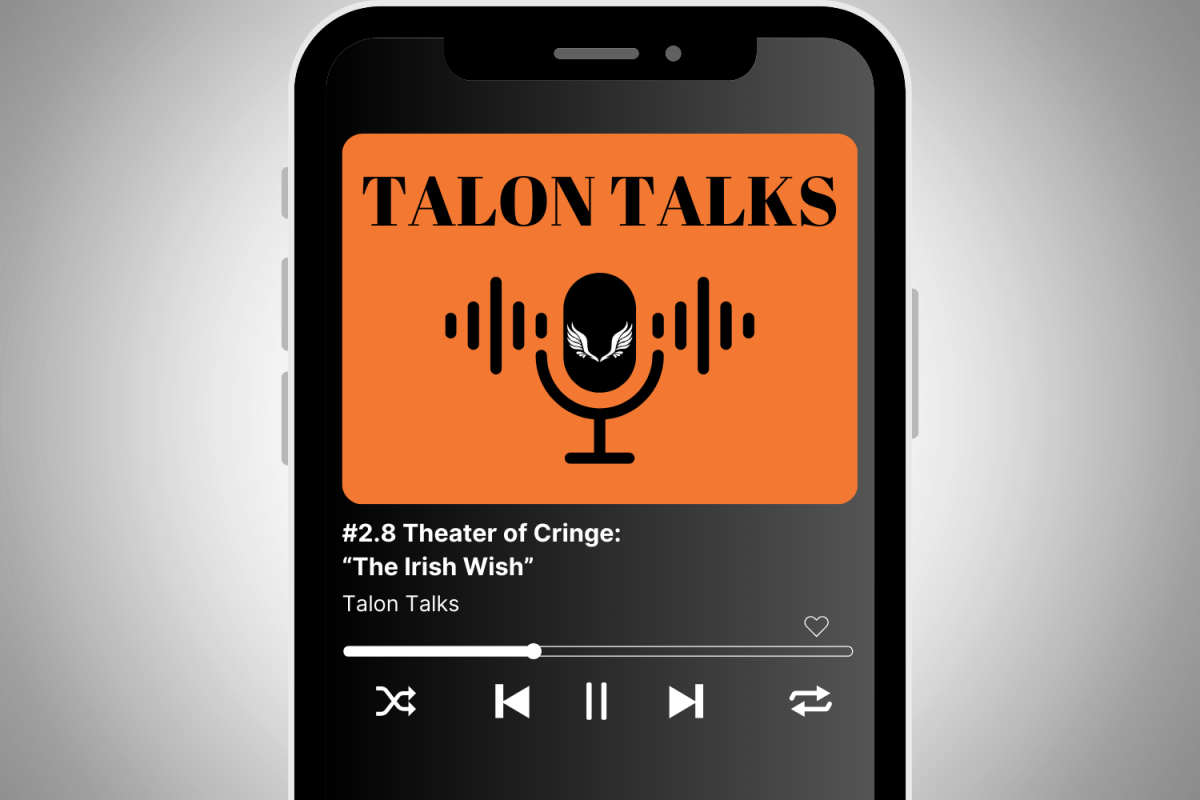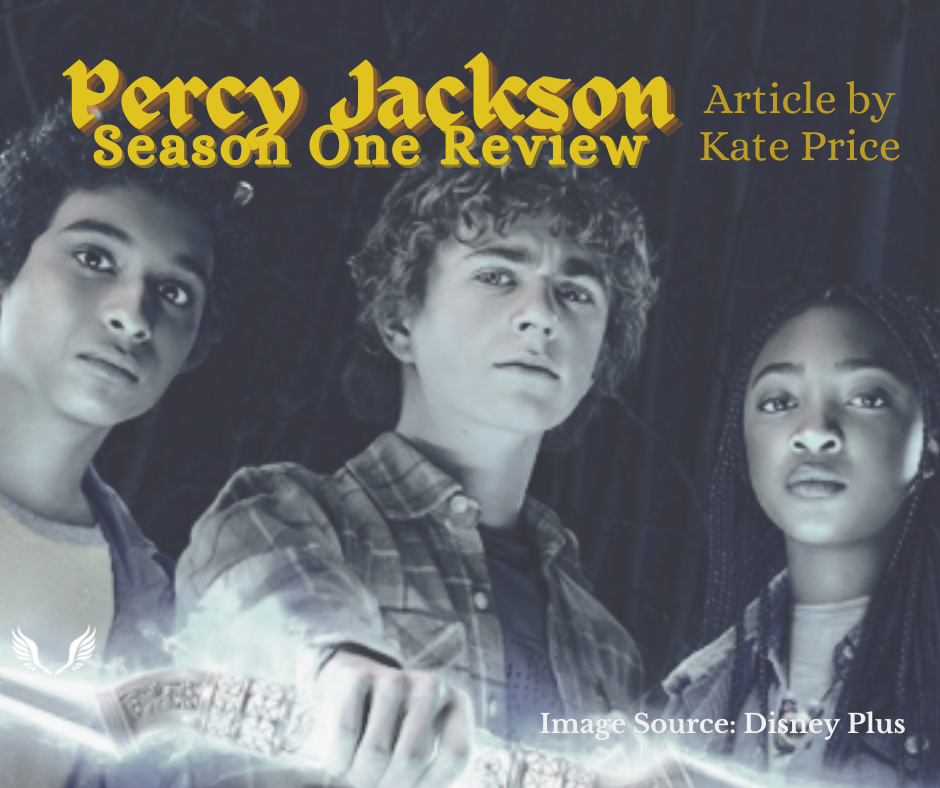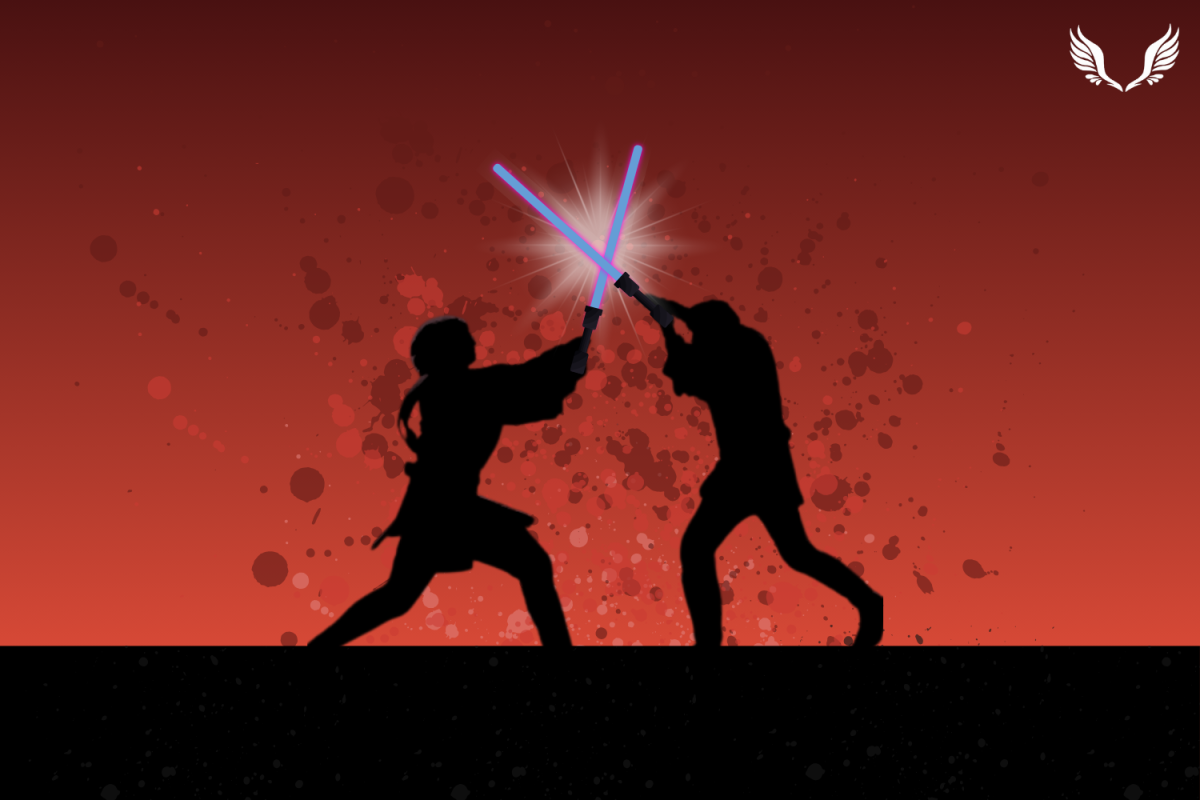Since 2005, fans have lived another life through the eyes of Percy Jackson, a boy whose life was turned upside down at age twelve. Over eleven thousand pages carefully constructed by author Rick Riordan, two movies directed by Chris Columbus and Thor Freudenthal, yet readers still refuse to bid the Percy Jackson and the Olympians series farewell. Fortunately, they don’t have to. On December 19th, a new TV show adaptation was released to Disney Plus and Hulu. Did the series prevail? Did it fall flat? That’s up to interpretation.
Forced to live with his caring mother, Sally Jackson (Virginia Kull), and pungent stepfather, Gabe Ugliano (Timm Sharp), Percy Jackson (Walker Scobell) has jumped between boarding schools his whole life. However, two life-threatening encounters in one day lead Percy and his half-goat best friend Grover (Aryan Simhadri) to Camp Half-Blood, a “boot camp” for Greek demigods. Quickly after an altercation with Clarisse (Dior Goodjohn), a daughter of Ares, Percy learns he’s the son of Poseidon. He is then sent on a quest with Grover and Annabeth Chase (Leah Jeffries), daughter of Athena, to return Zeus’ stolen master bolt and save Percy’s mom.
Despite the intriguing plot, the TV series adaptation was rather disappointing. Regardless of author Rick Riordan’s close involvement in the writing, casting, and filming processes as an executive producer and co-screenwriter, the show fell through the cracks in many different areas. The loyalty to the characters was questionable, many details were altered or cut, and the fight scenes nearly lulled the audience to sleep. However, the show’s pacing was a telltale sign that the series would fall below expectations.
In the first episode, Percy manages to slay a Fury, backtalk his stepfather, take a nap, travel to a beach house, watch his mom ‘die,’ slay a minotaur, and wake up in a mysterious camp all the while squeezing in a game of cards with his best friend. Not only does this overwhelm the audience, it confuses them with all the information being presented.
Kelly Lawlor of USA Today echoes this criticism, noting that “The pace, particularly of the first three episodes, is all wrong, with the momentum of fight scenes, prepubescent outbursts and exposition sessions by emotionally distant adult authority figures starting and stopping jarringly.” Fortunately, the pacing begins to level out as the show progresses. However, removing the abundance of randomly added details could have put an end to this issue altogether.
Though the pacing slowly improves throughout the series, the loyalty to the books only worsens. Minor changes, such as Grover snitching on Percy, grew into bigger ones, such as the Medusa and Lotus Casino scenes. The settings differed, the order of events was reversed in areas, and there were plenty of godly cameos in scenes that didn’t originally feature them.
Not only this, but the show seemingly goes out of its way to undercut its tension at several key moments. Nearly every challenge Percy, Annabeth, and Grover met on their quest, they immediately knew what they were up against. Medusa, the Lotus Casino, Hephaestus’ amusement park, Procrustus, the list goes on. Since there was no element of surprise, the fight scenes turned dull and lost the tension that the books captured.
Petrana Radulovic from Polygon highlights this, stating “There’s not as much tension, not as much sense of discovery. It also cuts down on a lot of the action, and it feels like the characters are telling us what’s going on instead of experiencing it for themselves.”
Theoretically, the character’s personalities could have smoothed over some of these cracks. While some of them did, the rest strayed far from the original. In the book, Percy’s inner dialogue is gold, full of humor and sassiness. In the show, this personality only shines through a couple of times. As Saide McClain, contributing writer of The Breeze, notes, “Without Percy’s inner monologue, most of the humor was gone.”
Additionally, the roles between Gabe and Sally were reversed, with Gabe relinquishing to Sally instead of vice versa. This pattern also proves true with the gods. Hades was a bit too welcoming and cheerful to be the ruler of the Underworld, and Hephaestus was too social, though he didn’t make an appearance until the fourth book.
Despite these criticisms, the TV series was nonetheless a success. With a 92 percent rating on Rotten Tomatoes and an 81 percent audience score, the show proved more enjoyable as the episodes progressed, grabbing the audience’s attention and keeping it. Not only this but over 13 million viewers were obtained within the first six days of release, putting it among the top five premieres of Disney+ and Hulu during 2023. Despite its flaws, the series is undoubtedly considered entertaining by most.
Final rating: 2.5 out of 5 stars





